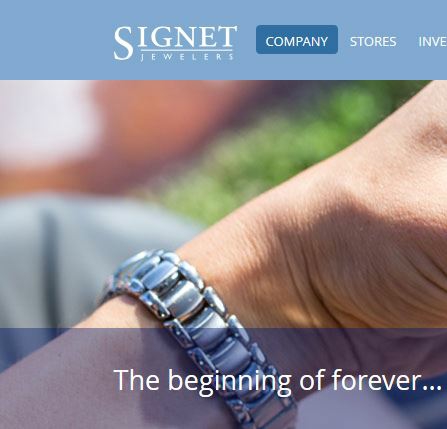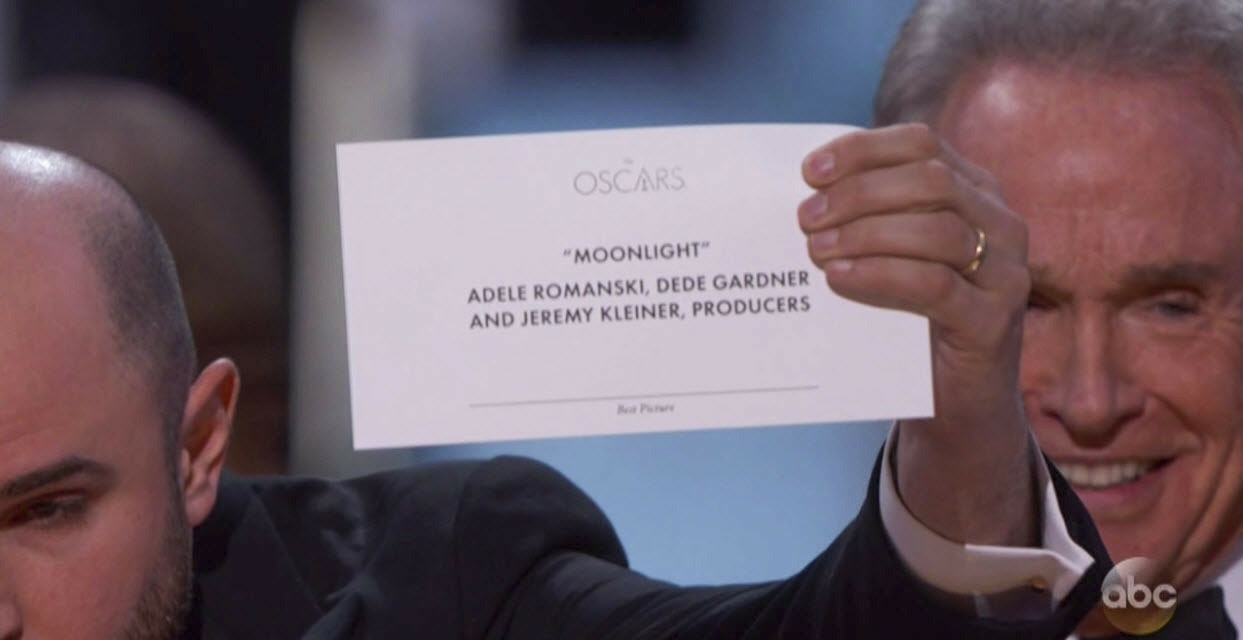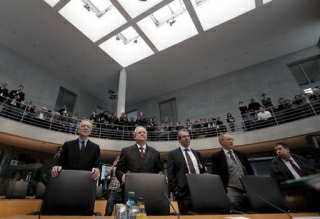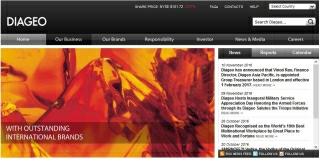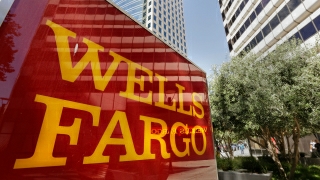Children Crash a Professor's BBC Interview
/ Professor Robert Kelly certainly didn't expect this type of fame. More than 15 million people have seen the professor of political science in a BBC interview interrupted by his children.
Professor Robert Kelly certainly didn't expect this type of fame. More than 15 million people have seen the professor of political science in a BBC interview interrupted by his children.
The video is hilarious and shows an embarrassed, yet quietly laughing Kelly as his two children come into his office, eventually rescued by his wife.
Of course, everyone seems to have an opinion on Kelly's parenting skills from this short encounter. Maybe Kelly was right to question BBC's posting of the video. When asked for permission to post it on Twitter, Kelly said, "What would that mean, please? Re-broadcasting it on BBC TV, or just here on Twitter? Is this kinda thing that goes ‘viral' and gets weird?"
According to The Telegraph, "The academic's mother, Ellen Kelly from Cleveland, Ohio, said the incident may have occurred after the children thought they were Skyping their grandparents."
Discussion:
- How did Kelly handle the interruption? Should he have done something different?
- Are people right to criticize his parenting skills? Why or why not?
- How did the BBC reporter respond? Also, should he have done something different?
- Kelly's Twitter page now has 21.5k followers, but he's not saying a word. Should he?
